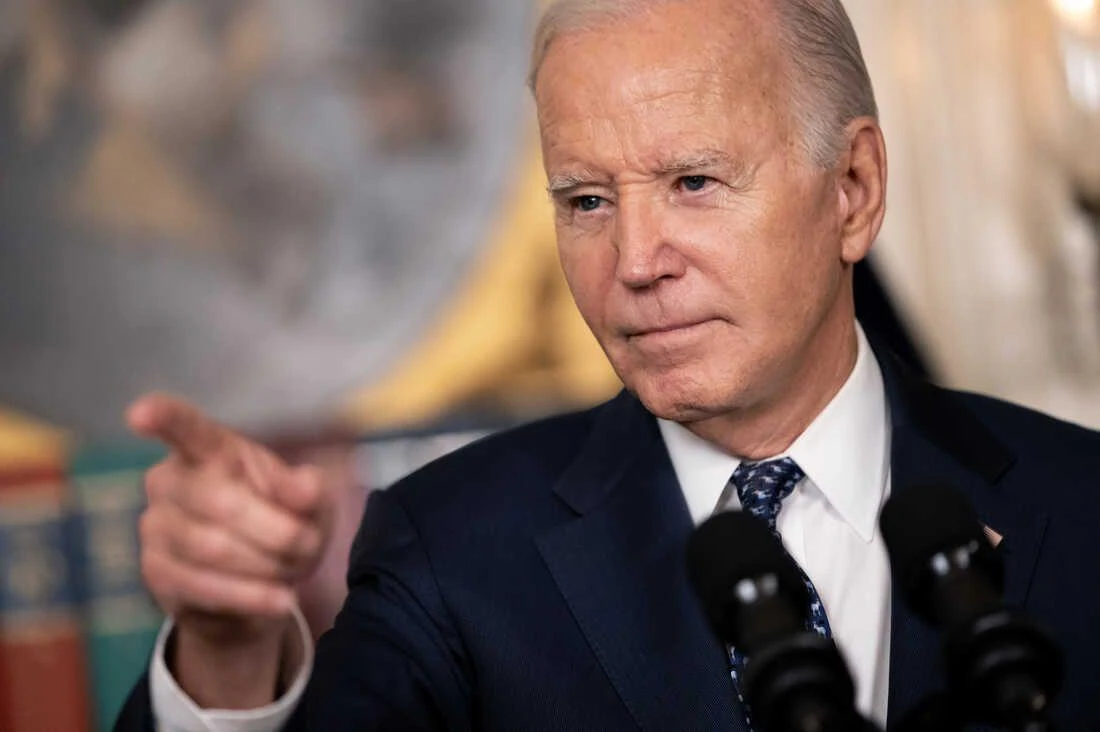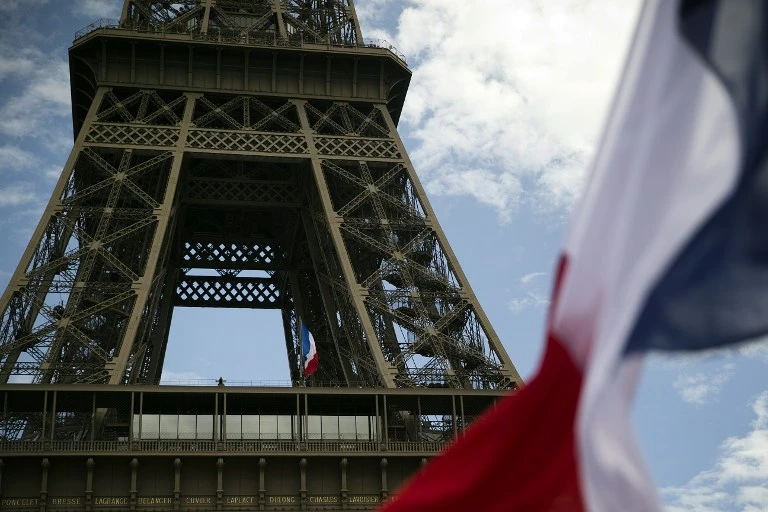Biden reiterates opposition to Rafah invasion in call with Netanyahu

US President Joe Biden reaffirms his opposition to a Rafah assault, citing the need to prevent civilian casualties after Israel requested Palestinians leave eastern Rafah following a Hamas missile attack
In a phone conversation with Israeli Prime Minister Benjamin Netanyahu on Monday, US President Joe Biden reaffirmed his opposition to a Rafah assault, as tensions between Israel and Hamas persist despite international attempts to achieve a permanent truce.
Biden reiterated his opposition to a possible attack in Rafah, highlighting the need to prevent civilian casualties, as verified by the White House. The correspondence was made following Israel’s request that Palestinians leave eastern Rafah in the wake of a missile attack on Sunday by Hamas that claimed the lives of four Israeli troops.
Israel seems set on moving forward with its plans in Rafah in spite of Washington’s warnings, underscoring the difficulties Biden faces in using his position as Israel’s main ally in the military and diplomacy.
The US government may be changing its strategy toward the conflict as seen by its emphasis on the need to safeguard Gaza’s civilian population as well as relief workers.
Biden is likely to discuss the situation in the area at his next lunch meeting with King Abdullah II of Jordan as part of his increased diplomatic efforts to mediate a truce.
A significant US ally in the Middle East, King Abdullah II, has also already issued a warning about the humanitarian fallout from an attack on Rafah.
Amidst the latest surge in violence, talks between Israel and Hamas in Cairo have come to a standstill. The United States, Qatar, and Egypt are still mediating discussions to put an end to the seven-month conflict, but no progress is being made.
Biden is under increasing pressure about the Gaza situation, especially as pro-Palestinian demonstrations pick up steam on US college campuses. The primary graduation ceremony at Columbia University was canceled, highlighting the current crisis’s effect on American universities.
Source: AFP



